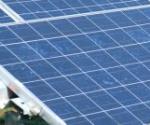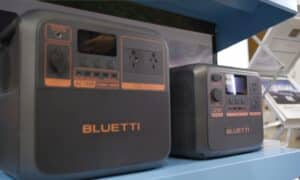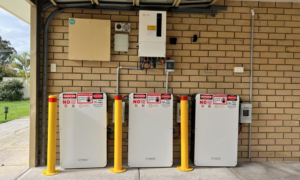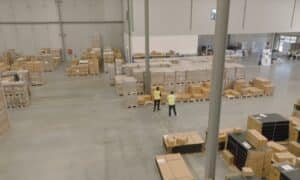Australian states without solid feed in tariff programs or reviewing their current arrangements should take note of the Special Report on Renewable Energy Sources and Climate Change Mitigation published by the Intergovernmental Panel on Climate Change (IPCC).
Released some months ago and prepared by over 130 lead authors working with the IPCC, the report seemed to hardly make a ripple in Australia, perhaps due to its complexity. Consisting of 11 chapters, the section on Financing, Policy and Implementation alone is 135 pages.
The authors state a number of studies, including those carried out for the European Commission, have found well-designed and well-implemented feed in tariffs are the most efficient and effective support policies for promoting renewable energy generated electricity.
In relation to net metering, the option currently available to New South Wales solar households since the sudden-death of the Solar Bonus Scheme for new connections, the report says while it is generally considered an easily administered tool for promoting uptake and also benefits power companies, the experience in the USA has shown the level of incentive is generally insufficient to stimulate substantial growth of PV.
Opponents of feed in tariffs usually base the crux of their argument on cost. The IPPC report states:
“It is also important to include all costs and benefits to society in that calculation. Conducting an integrated analysis of costs and benefits associated with RE is extremely demanding because so many elements are involved in determining net impacts…. Few studies have examined such impacts on national or regional economies; however, those that have been carried out have generally found net positive economic impacts.”
The recent NSW Auditor General’s report on the state’s Solar Bonus Scheme was particularly scathing, but was focused on cost rather than the real value the Scheme. For example, New South Wales Opposition leader John Robertson flagged the volume of households participating in the scheme has resulted in New South Wales not needing any new billion-dollar baseload coal-fired power plants for several years.
While the very generous rate offered by the NSW Solar Bonus Scheme likely went on for too long, the Government’s reaction to the situation and current snail-pace in re-implementing a more sustainable scheme has also raised questions about its commitment to renewables.
According to a report on the Daily Examiner, John Robertson commented on Monday that Premier O’Farrell is making a special effort “to kill off every form of renewable energy in this state”. Aside from “doing everything they can to attack the solar industry”, Mr. Robertson says Premier O’Farrell is on the record as saying no further approval for wind turbines in NSW would be granted if he had his way.
Also on Monday, across the border in South Australia, the Essential Services Commission of South Australia (ESCOSA) released its draft report on solar tariffs.
Recent changes to South Australia’s feed-in tariff scheme have changed the rate new customers installing solar power systems are paid. The revised scheme will be open to new applications until October 2013.
New connections under the program now receive 16c per kilowatt hour and an electricity retailer’s contribution of an additional 6c. The combined rate of 22c is roughly equivalent to current retail electricity costs; so in effect, a 1:1 feed in tariff for now, as electricity prices will increase.
The electricity retailer’s contribution rate for solar households in South Australia is under review and will be determined by ESCOSA. The amount to be determined is to “reflect the fair and reasonable value to a retailer of electricity fed into the network, and all retailers selling electricity to eligible customers would be required to pay the amount.”
While the revised electricity retailer contribution rate looks like it will be increased by up to a few cents, the Clean Energy Council (CEC) says overall it is disappointed with the report due to its narrow scope and ESCOSA’s lack of recognition of a range of benefits home solar panels contribute “simply because calculating those benefits might be difficult”.
However, the CEC says the report had some positive aspects, in particular the commission’s willingness to accept the impact distributed PV has on reducing overall and peak electricity prices.












































